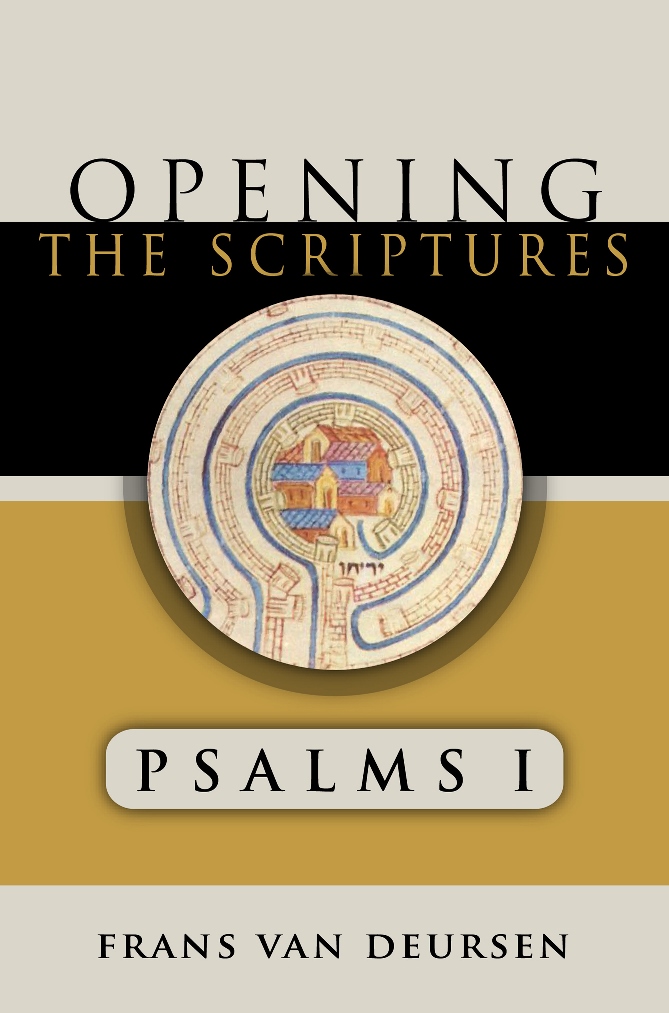 Christian’s Library Press has now released Psalms I, the fourth primer in its Opening the Scriptures series, and the first in a two-part release on the book of Psalms.
Christian’s Library Press has now released Psalms I, the fourth primer in its Opening the Scriptures series, and the first in a two-part release on the book of Psalms.
Written by Dutch Reformed minister Frans van Deursen, and newly translated by Nelson D. Kloosterman, the volume provides an introduction to Psalms, a book which serves as “the oldest songbook that God’s people possess,” as well as the “oldest breviary or prayer book,” the author writes.
Like other volumes in the series, Psalms I is neither a technical commentary nor a collection of sermons, but rather an accessible primer for the average churchgoer. In this case, the author hopes we learn lessons on both theory on practice when it comes to the great tasks of honor and worship, prayer and praise.
The book includes a good deal of theological and historical set-up on how we are to understand the Psalms as a whole, proceeding to provide more detailed summaries and analyses on the deeper meaning and Biblical context of the individual psalms themselves.
On the former, here’s an excerpt on how we might understand these works in the context of world religions at the time, and the Biblical story as a whole. In turn, it says quite a bit about how we still relate to God across all spheres of worship in the here and now.
In terms of their content, there is a bottomless chasm between the psalms of Israel and those of the pagans. For all pagan religions (and, under their influence, all self-directed Christian religion as well) turn on the question, how do I obtain a good relationship with God? On the other hand, we see from every line of the psalms that we already have a covenant relationship with God, and an extraordinarily good and firm relationship. Israel not only already possessed promises of blessing from that relationship, but she also stood under the serious curse formulations… What the pagans needed to do continually, and Israel never needed to do, was to put God (or the gods) in a good frame of mind by means of their religious practices, as for example the Canaanite priests of Baal tried at Mount Carmel to get the attention of their master (the name Baal means “lord” or “master”) by means of endless screaming and by cutting themselves with knives (1 Kgs. 18). But the psalmists could appeal to God on the basis of his own self-supplied Word, namely, the Torah given to Moses.
Israel and her psalm composers enjoyed a unique position with respect to the Almighty: they lived on the foundation of Yahweh’s system of covenants. God’s kingship and the ministry of atonement at his altars constituted the supporting pillars beneath Israelite society. All the psalms were born and raised on this foundation. They were sung under the rainbow of God’s covenants. We might say that God’s kingship over Israel and his dwelling in the midst of Israel constituted the atmosphere in which the psalmists breathed and the climate in which they lived, the bedrock upon which they were placed. In short, the psalms are covenant songs through and through.
Purchase the book here and add it on Goodreads here. Also, see the other titles in the Opening the Scriptures series.
For updates on new titles and promotions from Christian’s Library Press, follow us on Facebook and Twitter and subscribe to the mailing list.

